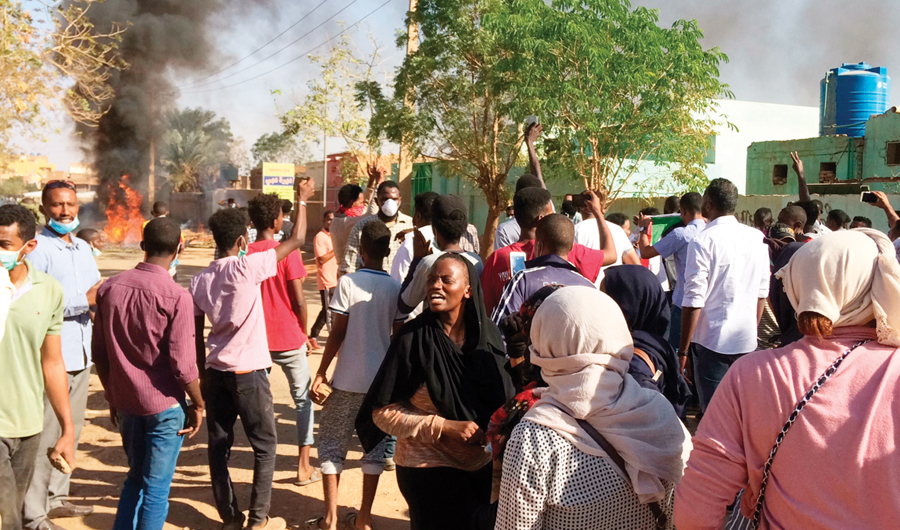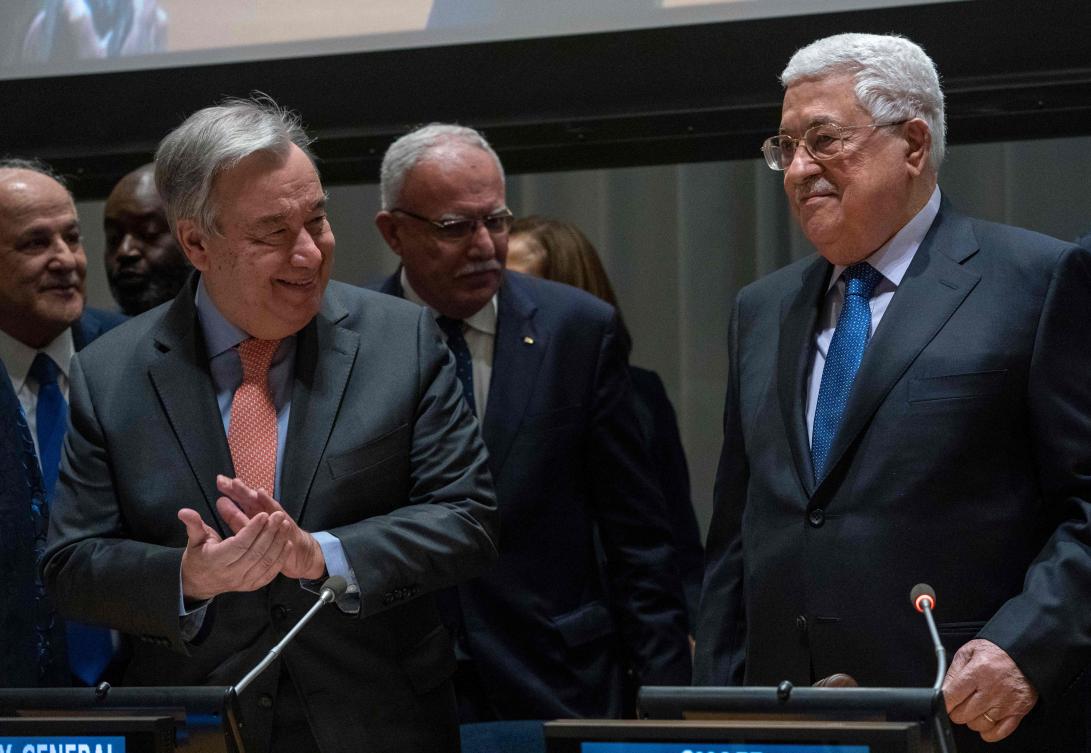Iraq-Iran football match prompts awkward silence from Tehran-backed politicians in Baghdad
BAGHDAD: A much-anticipated football match between Iran and Iraq on Wednesday ended in an anticlimactic 0-0 draw. But in Baghdad, the Asian Cup clash proved fertile ground for Iraqi fans to poke fun at the crisis-ridden new government and express their rejection of Iranian influence in their country.
Many criticized Iran-backed political leaders in the build-up to the match for remaining silent and not encouraging the Iraqi national team against Iran.
Some even accused forces sponsored by Tehran of supporting the Iranian team instead of their own national players.
The game in Dubai was played against the backdrop of a tense political stand off in Iraq between pro and anti-Iran parties.
Iran has sought to deepen its influence in Iraq since the fall of Saddam Hussein in 2003. It supports armed factions and political parties, and increased its military involvement during the Daesh occupation of large parts of the country.
Iran-backed parliamentary blocs have been at loggerheads with rival groups for control of key government positions since an election in May.
Government figures and many MPs remained silent about the match, despite racing to encourage and congratulate the national team during previous games.
One senior Iraqi official told Arab News that the failure of some politicians to get behind the Iraqi team was “embarrassing”.
“Most of our political leaders have been silent as they are all busy praying that the Iraqi team will not win,” the official said. “How can they congratulate Iraqis on a victory against Iran?” he added sarcastically.
Fans were similarly bemused, posting scathing comments on social media.
“Today is the match between our team and the team of our lords,” Jaafar Al-Kinani, wrote on his Facebook page. “We ask God to help us determine which team we have to support.”
“I will support the referee. I cannot encourage any of the teams for fear of angering the other team,” Mustafa Nassir, wrote on his page.
Other fans posted more sincere calls for Iraqis to get behind their team despite the politics.
“All Iraqis will encourage the Iraqi team, even those close to Iran,” Ziyad Al-Dulaimaim, an activist from the Sunni-dominated western province of Anbar, wrote. “In 2007, our regions were under Al-Qaeda militants’ control and when the Iraqi team won the championship, everyone took to the street to celebrate, including the gunmen.”
Both Iraq and Iran had already qualified for the next round when they played on Wednesday. But a win against a strong team like Iran would have revived Iraqi hopes that they could reach the final.
In the build up to the match, many of the giant screens in Baghdad replayed previous Iraqi victories over Iran.
The last was in 2015 in the semifinal of the same tournament, when Iraq won in a penalty shootout.
Cafes and clubs prepared for the match by offering free entry for families and decorating their facades with Iraqi flags. Thousands of Iraqis watched the match outside on the streets.
Both Iraq and Iran have won the Asian Cup in recent years. Iraq famously won in 2007 just four years after the fall of Saddam Hussein in a victory that came as the country was wracked by violence.

Iran ready for Iraq after beating VietnamIran-backed militias accused of reign of fear in Iraqi Basra



